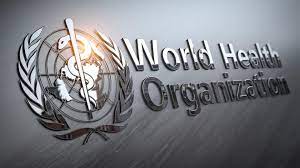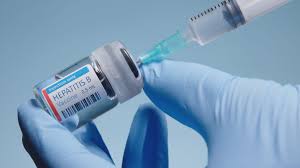
The World Health Organisation Regional Director for Africa, Mohamed Janabi has called for urgent action to strengthen mental health systems across Africa.
Janabi warned that the integration of mental health and psychosocial support into emergency preparedness and response in the region remains inadequate.
He stated this in his speech posted on the WHO African Region website to mark this year’s World Mental Health Day, themed “Access to Service: Mental Health in Catastrophes and Emergencies.”
Janabi noted that this year’s theme is a reminder of the urgent responsibility to safeguard mental health before, during, and after crises.
WMHD is commemorated on October 10 to raise awareness of mental health issues around the world and to mobilise efforts in support of mental health.
According to WHO, the day provides an opportunity for all stakeholders working on mental health issues to talk about their work and what more needs to be done to make mental health care a reality for people worldwide.
The WHO Regional Director said, “Emergencies whether outbreaks, conflicts, or natural disasters can devastate lives and communities. They bring displacement, disruption of social support, family separation, grief, and distress. While most people experience psychological stress, one in five will face a mental health condition requiring professional care.
He cited progress at the global level, recalling that in May 2024, the World Health Assembly approved a landmark resolution calling for Mental Health and Psychosocial Support to be fully integrated into preparedness, response, and recovery efforts.
He added that the Regional Framework for Mental Health provides further guidance, encouraging Member States to embed MHPSS in disaster risk reduction and health system strengthening.
However, he warned that financial investment remains critically low.
To address this gap, he urged that governments must commit greater resources and accelerate the integration of MHPSS into emergency frameworks.
To accelerate progress, Janabi said WHO urges member states to establish multisectoral MHPSS coordination mechanisms for preparedness and response; strengthen community and social support systems to build resilience; train frontline responders in psychological first aid to provide immediate support and safeguard their own well-being; expand mental health services by training health workers in evidence-based approaches such as the WHO Mental Health Gap Action Programme Humanitarian Intervention Guide; and uphold the rights and dignity of people with severe mental health conditions, especially in crises.
The National Mental Health Programme Coordinator at the Federal Ministry of Health and Social Welfare, Dr Tunde Ojo, in an interview with WHO, stated that the Federal Government has established a National Task Force on the decriminalisation of attempted suicide.


